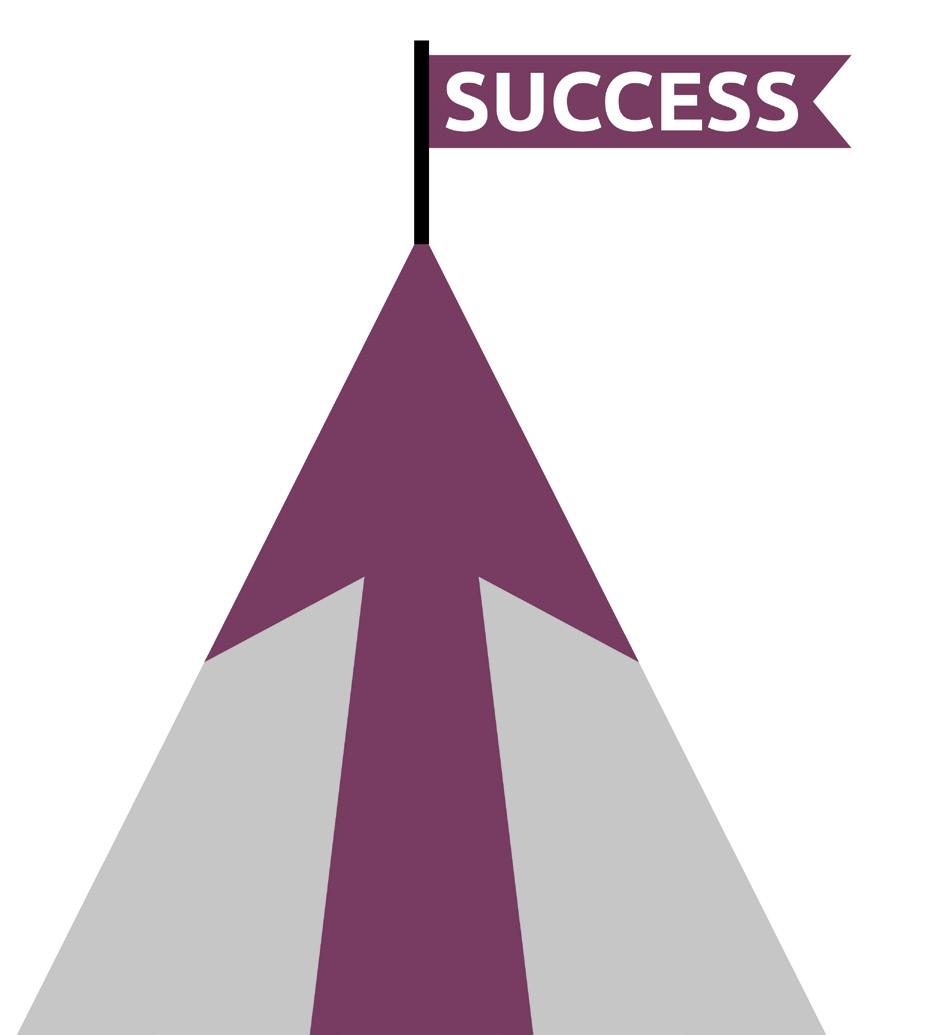
2 minute read
Dr Roni Ajao on why leaders must seek answers in unusual places
Art of exploration
Management must harness the lessons of leadership and urge organisations to seek creative solutions outside their normal boundaries, writes Dr Roni Ajao
On the strength of his view that managers should first and foremost be leaders, Peter Drucker is hailed as the ‘father of modern management’. That central tenet of his work deviated from the traditionalist ideas of early 20th-century management thinkers.
Drucker’s principles valued innovation, collaborative working, flexibility, decentralisation, knowledge work and management by objectives, utilising specific, measurable, achievable, realistic and time-bound (Smart) criteria. He extolled the virtues of organisational culture, the customer experience and corporate social responsibility (CSR). And those key facets of leadership have gradually expanded to provide us with a fresh perspective on management. Over the past few years, We must scour a range of diverse enviwe have seen management ronments for solutions that lie in a host move from an administrative, of different organisations, sectors and reactive stance to one that is far more contexts. The global marketplace and the proactive and innovative. This is evident ‘shape of things to come’ also offer us fresh today in the public sector. For exam- perspectives on leadership, at a time when ple, the NHS has tackled problems and ‘doing the right things’ will continue to be made efficiency gains by adopting new paramount – rather than management’s technologies and introducing innovative focus on ‘doing things right’ (a classic approaches in ways that resemble meth- Drucker distinction). ods of the private sector. Such actions re- Crucially, we must never forget the flect the proactive and dynamic reflexes of importance of flexibility and adaptability. what we have come to know as leadership. If we turn our attention to the current
Researchers have argued that while unprecedented challenges of the pandemmanagement focuses on supervision, ic, what we see constantly reinforced is leadership is about vision, collabora- the need for organisations to be adaptable, tion, communication, networking, flexible and proactive to manage negative authenticity, innovation and suc- impacts. We have touched on the value of cessful outcomes, to name just leadership looking far into the future – a few of its potential assets. It but now, the question is: where do leaders encompasses the ability of in- focus their attention… the short term, or dividuals, teams or entire the long term? organisations to influence or guide other individuals, Leadership That takes us back to one of Drucker’s core teams or organisations. compels tenets: Smart criteria. By Indeed, innovation in leadership is not merely about us to look applying those fundamental principles of agility, colcreativity, but finding and for answers laboration and adaptabilidrawing inspiration from arenas outside an organiin unusual ty, in combination with deeply embedded CSR sation’s usual sector. For ex- places and high ethical standards, ample, an aviation firm may leaders will be well placed discover a solution for an organisational to ensure that their organisations will problem by looking at developments in the survive – rather than have to manage the agriculture industry, or vice versa. unthinkable disappearance of a world that
In that sense, leadership today urg- once was. es us to search far beyond our normal boundaries. It compels us to ask questions, Dr Roni Ajao is executive and look for the answers in unusual places. Leadership can be likened to the art director of MRL Public Sector Consultants and an associate (senior of exploration – of finding a prized arte- member) of Hughes Hall, fact following years of dedicated digging. University of Cambridge










